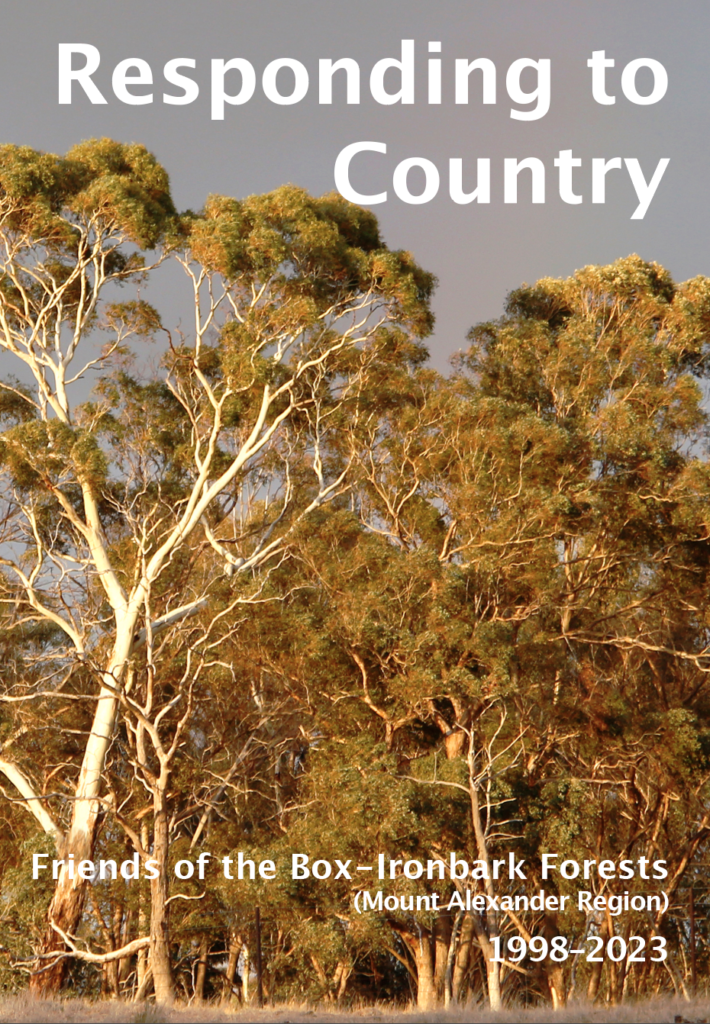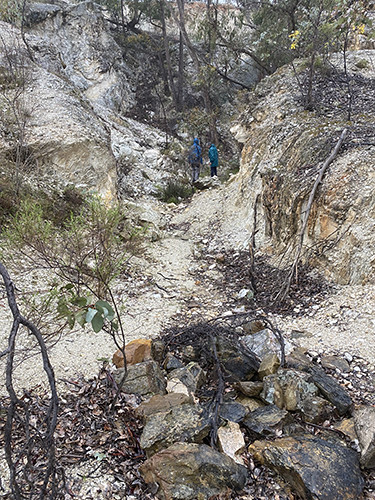Mount Alexander shire conducted three poorly advertised consultation sessions through June and July on its draft Roadside fuel and bushfire risk strategy.
The draft document can be found online here
The draft, prepared by Fire Risk Consultants, proposes ‘treatment’ of roadsides to reduce bushfire risk. ‘Treatment’ includes slashing, burning, grazing, and ‘dangerous tree mitigation’.
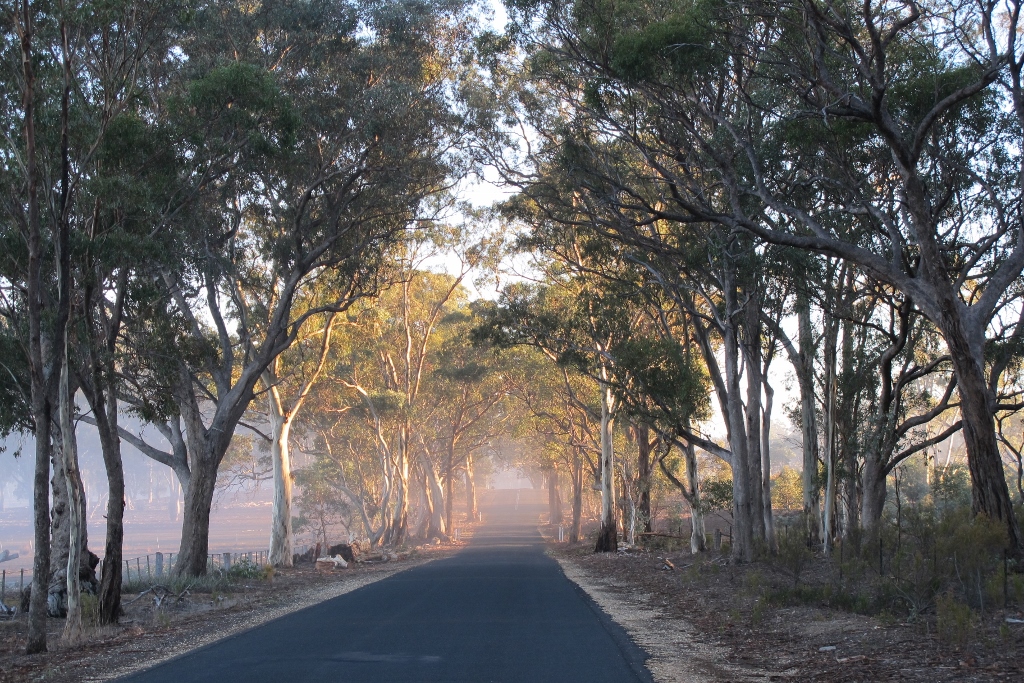
Local roadside. It’s more likely to be hit by a cigarette butt than a lightning strike. Respecting the biodiversity values of roadsides while managing them as fire risks is a challenge. And the fire risk can’t be managed without serious attention to human behaviour.
Importantly, we read on page 4 of the draft that ‘This report only deals with the part of the project related to bushfire risk in the local area and the assessments. A separate study on ecological values on the target roadsides and identification of values to be protected has been undertaken as a separate piece of work.’
The ecological study will be used in conjunction with the risk document to govern Shire policy on roadsides. And therein lies the challenge: the risk draft identifies ‘surface fine fuels’ as a fire danger. As we know, these can also be considered as essential to ecological health. Balancing these two judgments has never seemed to be easy.
One peculiarity of the draft: on page 8 we read, ‘A variety of causes can ignite a bushfire: some bushfires result from events that are natural, such as lightning, while others result from human activity.’
Get it? ‘Some’ fires are natural; ‘others’ are the result of ‘human activity’. Maybe we’re sensitive, but this bland statement seems to radically downplay the ‘human activity’ side of the problem.
Here’s a bald fact: repeated analyses have shown that about 6% of fires are ‘natural’. The rest—over 90% — are the result of human carelessness, accident or criminality. Tossed cigarette butts alone account for about 7% of fires! Try googling ‘cigarettes and fire’, and you’ll quickly enter a chamber of horrors.
Any policy dealing with roadsides should have these facts firmly in mind. Ignoring them, or downplaying them, might look like carelessness.



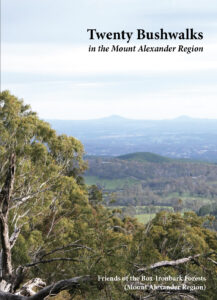
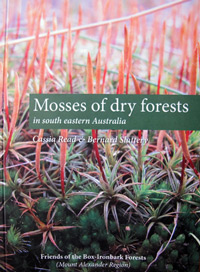 Click on image for info/order page
Click on image for info/order page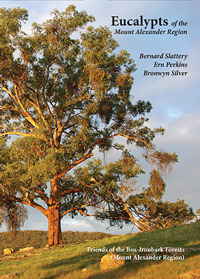 Click on image for info/order page
Click on image for info/order page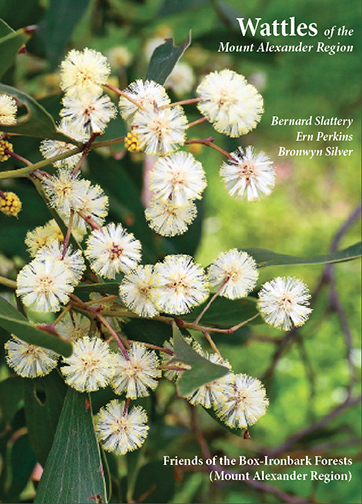 Click on image for info/order page
Click on image for info/order page
